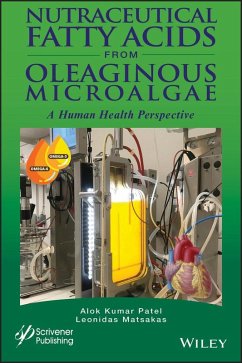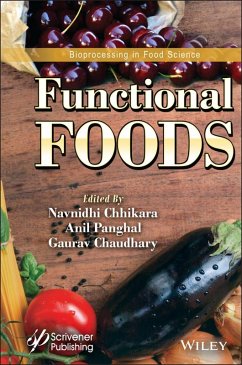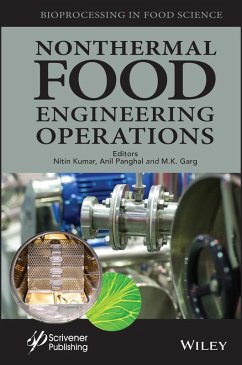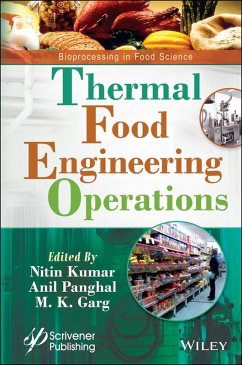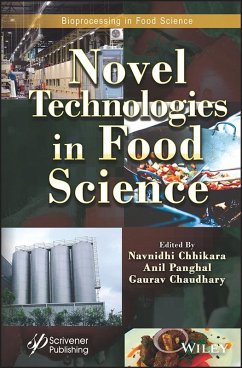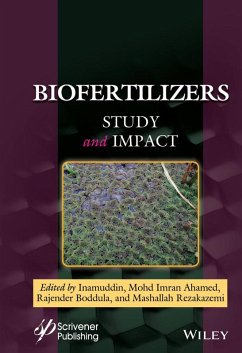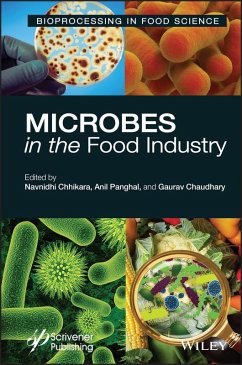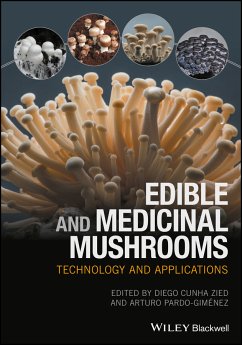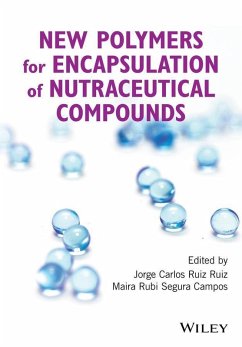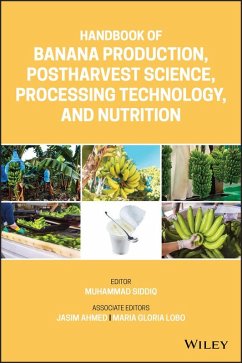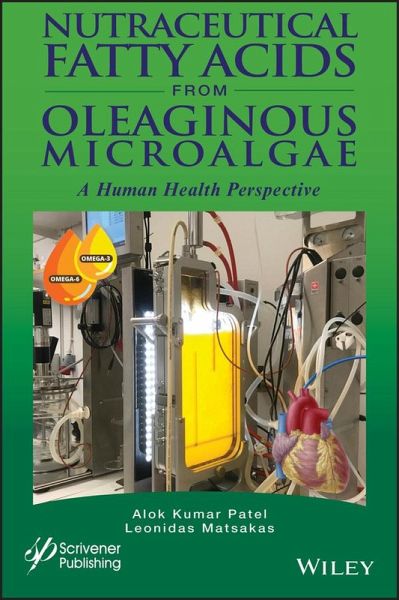
Nutraceutical Fatty Acids from Oleaginous Microalgae (eBook, ePUB)
A Human Health Perspective
Versandkostenfrei!
Sofort per Download lieferbar
190,99 €
inkl. MwSt.
Weitere Ausgaben:

PAYBACK Punkte
0 °P sammeln!
Over the past several years, extensive research has been done on the microbial production of polyunsaturated fatty acids (PUFA). Regardless, research on the oleaginous microalgae used as feedstock for biofuels production and the overall story about the production of nutraceutical fatty acids from oleaginous microalgae has been very limited. This volume provides an exclusive insight on the production of nutraceutical fatty acids from oleaginous microalgae and their role on human health. Some saturated and monounsaturated fatty acids can be synthesized by humans, whereas long-chain polyunsaturat...
Over the past several years, extensive research has been done on the microbial production of polyunsaturated fatty acids (PUFA). Regardless, research on the oleaginous microalgae used as feedstock for biofuels production and the overall story about the production of nutraceutical fatty acids from oleaginous microalgae has been very limited. This volume provides an exclusive insight on the production of nutraceutical fatty acids from oleaginous microalgae and their role on human health. Some saturated and monounsaturated fatty acids can be synthesized by humans, whereas long-chain polyunsaturated fatty acids (PUFAs) such as alpha-linolenic acid and linoleic acid cannot and are deemed essential. The products of these acids, such as DHA, which is important for early visual and neurological development, are extremely important to human health. Replacing SFAs with omega-3 and omega-6 fatty acids in the diet reduce the risk of cardiovascular diseases and prevent Alzheimer's, bipolar disorder, and schizophrenia, among other benefits. The ever-rising global demand for omega-3 & 6 PUFAs, however, cannot be met solely by fish oil, due to diminishing fish stocks and pollution of marine ecosystems, which has led to increased interest in alternative sustainable sources. Vegetable oils from genetically engineered plant oilseeds and microorganisms are two potential alternatives to fish oil, even though omega-3 PUFAs are highest in the latter. Although transgenic plants present numerous advantages, their production is dependent on seasonal and climatic conditions and the availability of arable land. Moreover, there are public concerns regarding the cultivation of transgenic crops in open ecosystems. These, together with regulatory issues restrict the large-scale production of genetically modified crops. Microorganisms, however, are known natural producers of microbial oils similar to those obtained from plants and animals and a possible source of nutritionally important omega-3 & 6 PUFAs. This groundbreaking volume presents invaluable new research on essential fatty acids, their production from various oleaginous microorganisms, biochemical and metabolic engineering to improve PUFAs content in oil, extraction and purification of omega 3 fatty acids, and the current market scenario. Whether a veteran engineer or scientist using it as a reference or a professor using it as a textbook, this outstanding new volume is a must-have for any engineer or scientist working in food science.
Dieser Download kann aus rechtlichen Gründen nur mit Rechnungsadresse in A, B, BG, CY, CZ, D, DK, EW, E, FIN, F, GR, HR, H, IRL, I, LT, L, LR, M, NL, PL, P, R, S, SLO, SK ausgeliefert werden.




